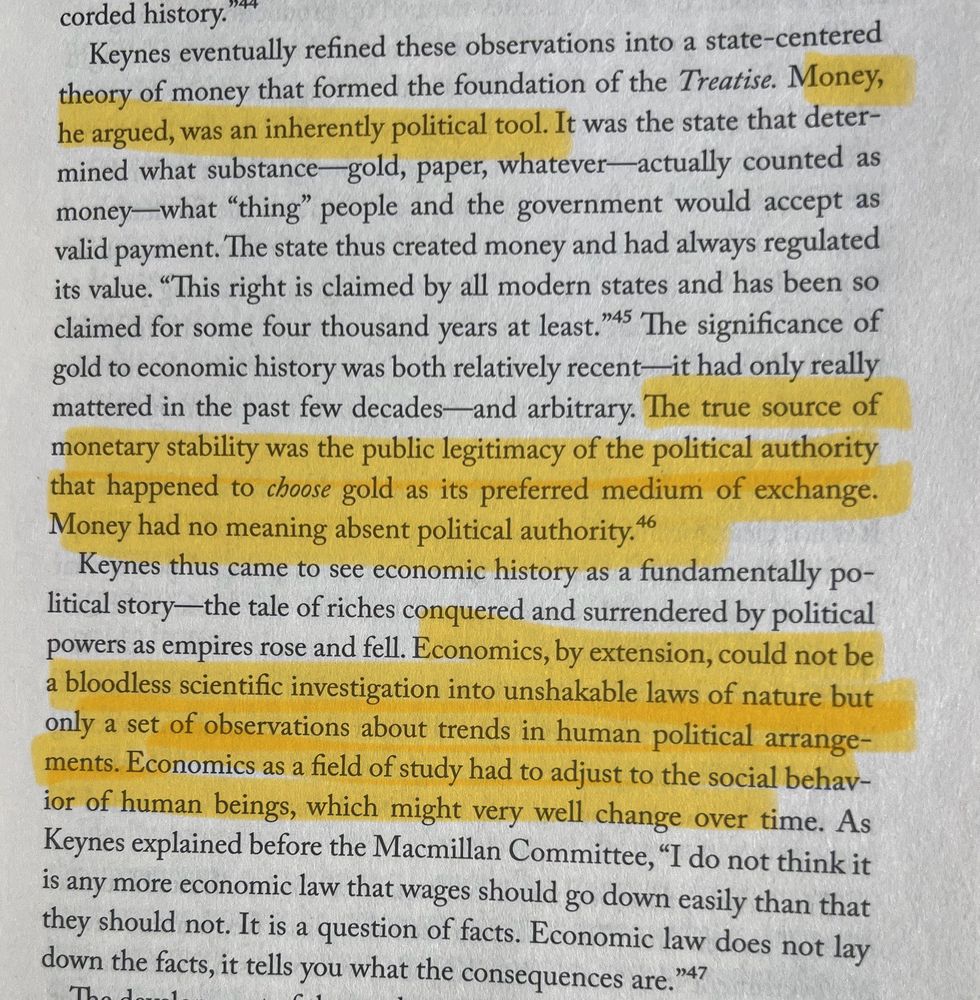Sanjit Nagi
@sanjitnagi.bsky.social
39 followers
43 following
14 posts
Historian of constitutional law, the Labour Party, and rights.
Posts
Media
Videos
Starter Packs
Reposted by Sanjit Nagi
Sanjit Nagi
@sanjitnagi.bsky.social
· Aug 12
Reposted by Sanjit Nagi
Sanjit Nagi
@sanjitnagi.bsky.social
· May 8
Sanjit Nagi
@sanjitnagi.bsky.social
· Jul 10
Reposted by Sanjit Nagi
Sanjit Nagi
@sanjitnagi.bsky.social
· Jul 2
Sanjit Nagi
@sanjitnagi.bsky.social
· Jul 2
Sanjit Nagi
@sanjitnagi.bsky.social
· Jul 2
Sanjit Nagi
@sanjitnagi.bsky.social
· Jul 2
Reposted by Sanjit Nagi
Reposted by Sanjit Nagi
Yuan Yi Zhu
@yuanyiz.bsky.social
· May 29

Revisiting the British Origins of the European Convention on Human Rights - Policy Exchange
Download Publication Online Reader This new paper from Policy Exchange challenges the view that the European Convention on Human Rights is a “British legacy” – and that to leave the Convention would b...
policyexchange.org.uk
Sanjit Nagi
@sanjitnagi.bsky.social
· May 24

Revisiting the British Origins of the European Convention on Human Rights - Policy Exchange
Download Publication Online Reader This new paper from Policy Exchange challenges the view that the European Convention on Human Rights is a “British legacy” – and that to leave the Convention would b...
policyexchange.org.uk
Sanjit Nagi
@sanjitnagi.bsky.social
· May 8











